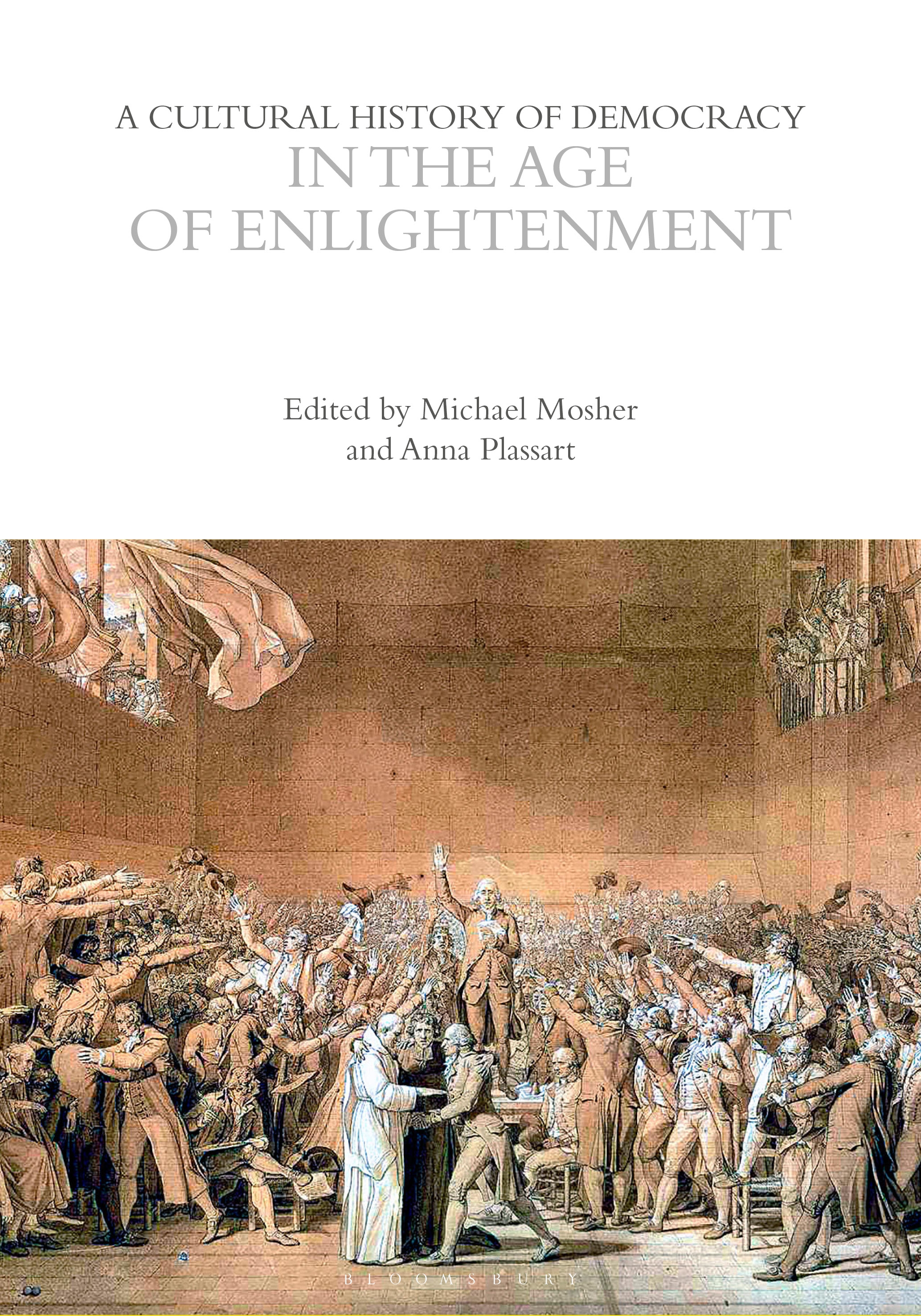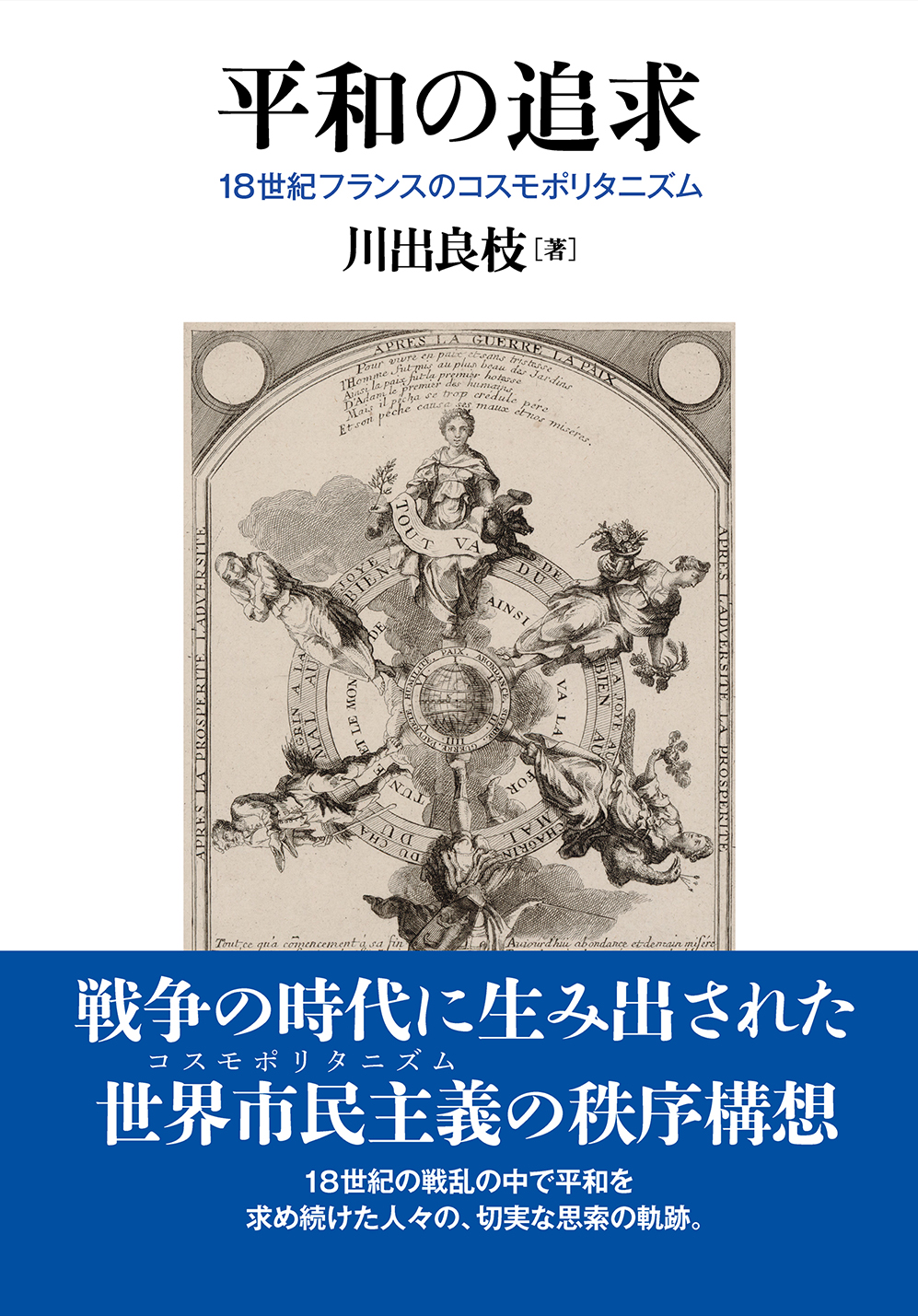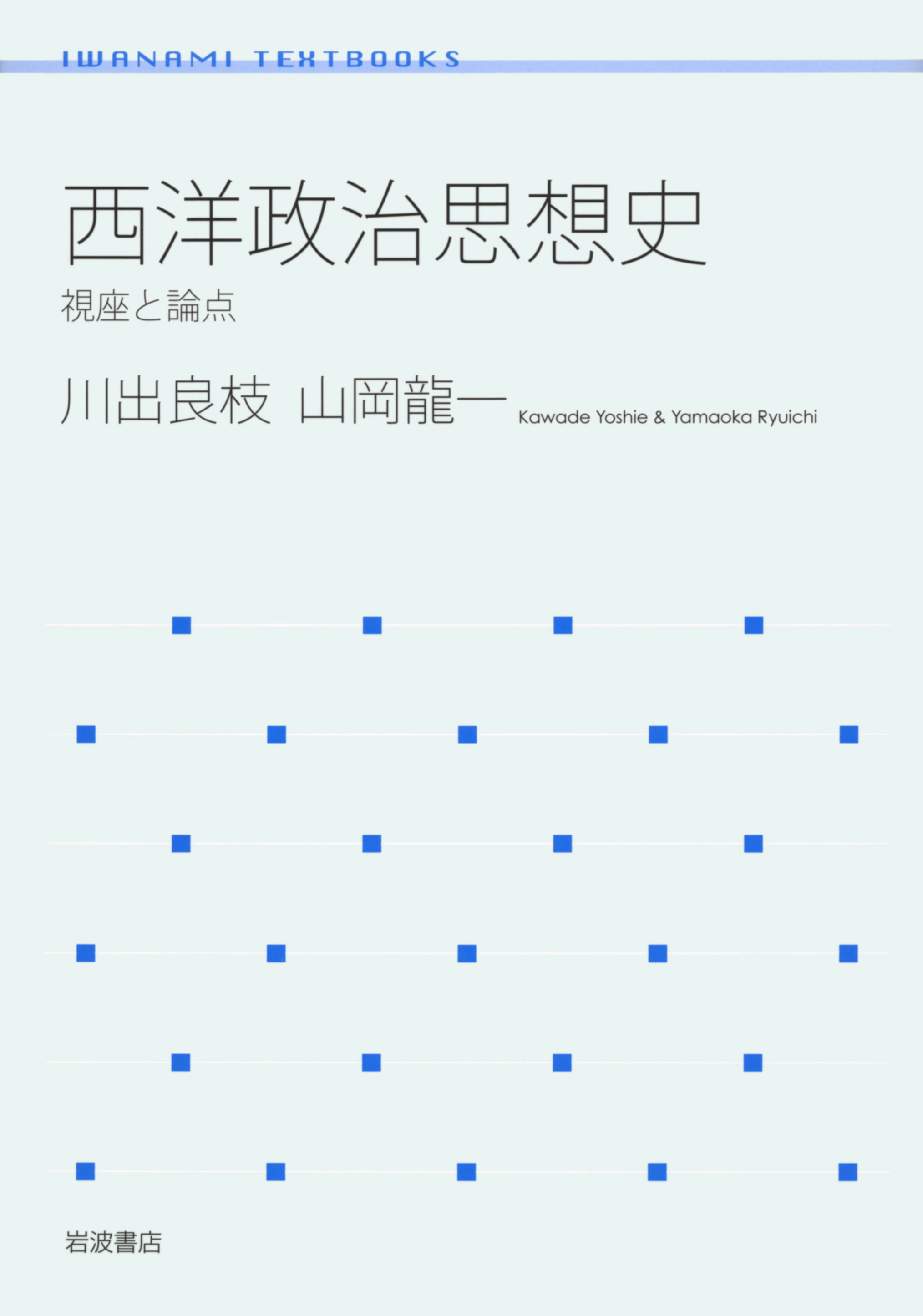
Title
Cultural Histories Series (Volume 1-6) A Cultural History of Democracy in the Age of Enlightenment Volume 4: A Cultural History of Democracy
Size
279 pages
Language
English
Released
May 06, 2021
ISBN
9781350042933
Published by
Bloomsbury Academic
Book Info
See Book Availability at Library
Japanese Page
A Cultural History of Democracy constitutes a major work, covering the period from Antiquity to the present within its six volumes. Under the general editorship of E. F. Biagini, a renowned historian, 66 experts engaged in an important task of historically elucidating democracy while focusing on its socio-cultural aspects. Believing that equality is central to all democratic experiments, this series broadly captures democracy as the practice and aspiration of organizing a society’s political system in a way that maximizes popular participation and liberty. Each of the volumes is designed so as to share coverage of multiple key concepts that support democracy, including Sovereignty, Liberty, The Common Good, Economic and Social Democracy, religion, political obligation, gender, ethnicity, crises and resistance, international relations, the transformation of citizenship, and so on.
Showcased here is Volume 4, A Cultural History of Democracy in the Age of Enlightenment. I wrote Chapter 2, “Liberty and the Rule of Law.” The period known as the Age of Enlightenment stretched (roughly) from 1650 to 1800. It is a crucial period in the political history of democracy, as it includes the English Civil War, the Glorious Revolution, and the American and French Revolutions, among other events. It is well known that the so-called “philosophy of Enlightenment” that flourished during this Age provided several essential ideas for the modern liberal democracies established in succeeding centuries. However, throughout most of the period examined in Volume 4, democracy in its meaning that all adult citizens should enjoy full political rights remained unestablished, even for males. Even among those who severely criticized despotic governments, there were some who had skeptical views of democracy in the strict sense. Numerous kinds of widely diverse political systems were dreamed of by thinkers, politicians, and revolutionaries of the Age of Enlightenment; one should thus avoid lumping these together as a single-track historical view, comprising no more than one step in the process of realizing democracy as it exists today. I, as well as the editors of Volume 4, M. Mosher and A. Plassart, have instead provided a detailed and close tracking of democracy in the form of a multilayered discussion. The result is a bold revision of the very definition of “democracy.”
I shed light on the discussions regarding the key concept of “liberty.” For example, is liberty for everyone to do what they like, or is liberty the right to do everything the laws permit? Are conflict of interest and opinion and internal division necessary for free states, or are they harmful hindrances? Is equality a friend or an enemy of liberty? In tandem with these heated debates among theorists, the concept of liberty was a stimulation to the imagination, fostering a variety of literary and visual representations. In his private notes, Montesquieu likened a liberal system to “a net so big that the fish that wander into it think they are free, but actually they are caught.” Of deep interest is that this was a poetical statement inspired by ancient Chinese philosophy. Meanwhile, the Goddess of Liberty was frequently depicted during that period in political pamphlets and in book frontispieces. The Goddess was usually shown with three items: a scepter, symbolizing the rule of liberty, a Phrygian cap, representing deliverance from slavery, and a cat, symbolizing actors who follow their own will. With the outbreak of the French Revolution, however, this capricious cat was often omitted, a fact that surely indicates how “liberty” was perceived during the Revolution.
We will be unable to make progress into the future if we consider the current democracy as the optimal political system that humans have attained, and if we remain satisfied by this status quo. It is precisely for considering the future of democracy that learning about its rich and diversified history holds great significance.
(Written by KAWADE Yoshie, Professor, Graduate Schools for Law and Politics / 2021)
Table of Contents
Introduction
Michael Mosher and Anna Plassart
1 Sovereignty
Daniel Lee
2 Liberty and the Rule of Law
Yoshie Kawade
3 The Common Good
Rebecca Kingston
4 Economic and Social Democracy
Alexander Schmidt
5 Religion and the Principles of Political Obligation
Niall O'Flaherty
6 Citizenship and Gender
Dorinda Outram
7 Ethnicity, Race, and Nationalism
Inder S. Marwah
8 Democratic Crises, Revolutions, and Civil Resistance
Michael Mosher
9 International Relations
James Stafford
10 Beyond the Polis
Joanna Innes
NOTES
REFERENCES
NOTES ON CONTRIBUTORS
INDEX



 Find a book
Find a book




